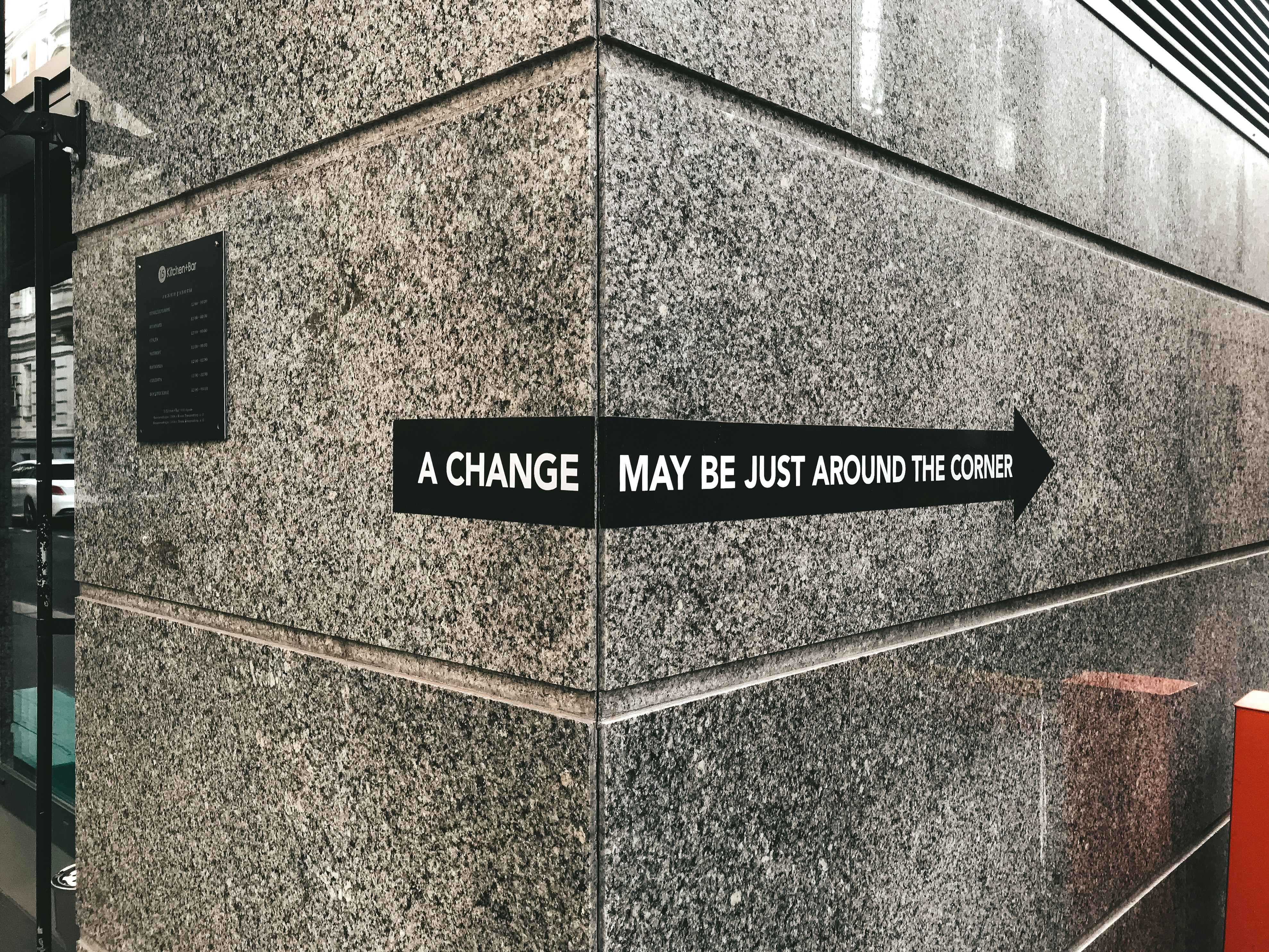
Finding My Voice in Nonprofit Advocacy
When I think back on my time at LSS, the work that left the deepest mark on me wasn’t a program launch or a capital campaign. It was advocacy. Before that role, I had never pictured myself digging into legislation, watching hours of the Ohio Channel and C-SPAN, or writing testimony for bills. Politics simply wasn’t my thing.
But once I saw how much policy decisions impacted the lives of people in poverty, survivors of violence, and families barely holding on, I couldn’t turn away. Every committee meeting and floor debate felt personal. I kept asking myself: Who’s speaking up for those most affected? Where are lawmakers getting their information?
So, I rolled up my sleeves. I brushed up on civics, built a framework for how we’d respond to legislation, and drafted our first policy agenda. I reached out to coalitions, researched legislation that dealt with community issues like poverty, homelessness, hunger, domestic violence, aging, and healthcare, wrote testimony describing how these issues affect our clients’ daily lives, and sent program directors to testify at City Council and the Statehouse. I emailed senators and representatives. I dove deep into the mission of nonprofit advocacy. It was messy, sometimes confusing, and always fast-paced — and I loved it. Every step forward felt like a battle won.
The State of Nonprofits in 2025
Looking around today, I know that kind of advocacy isn’t just meaningful, it’s essential. Nonprofits in 2025 are under intense pressure:
- Resources are dwindling. Budget cuts and grant losses have created massive funding gaps.
- Demand keeps growing. More families are turning to nonprofits, stretching programs thin.
- Staffing is fragile. Burnout and turnover are leaving organizations without the people they need.
- Donors are cautious. Philanthropy hasn’t disappeared, but giving is more selective and competitive.
I just read a study this morning that reported many nonprofits are pulling back on advocacy because they fear government retaliation or loss of funding. Or they’re worried about potential backlash or criticism for addressing politically sensitive issues. That, to me, is incredibly sad and concerning.
Uncertainty and Fear Creates Urgency
If nonprofits don’t have a voice in shaping the policies that directly affect their work, they risk being sidelined or obliterated.
For anyone who cares about their community and the people who live in it, advocacy isn’t an option any more. It’s survival.
Even though I’m no longer walking the halls of the Statehouse on behalf of a single agency, I haven’t lost the fire. I’m still passionate about lifting up the voices of people in need, whether it’s women fighting for equal pay, survivors of abuse seeking safety, or families struggling to make ends meet.
Here’s what I bring to the table now: curiosity, persistence, and the ability to translate complex issues into clear, persuasive stories. I may not be the subject-matter expert in every case, but I can research deeply, connect the dots, and craft content that changes hearts and minds.
So, Who Needs an Advocate with a Storyteller’s Pen?
I’m ready. Let’s make sure the people most affected aren’t the ones least heard.
